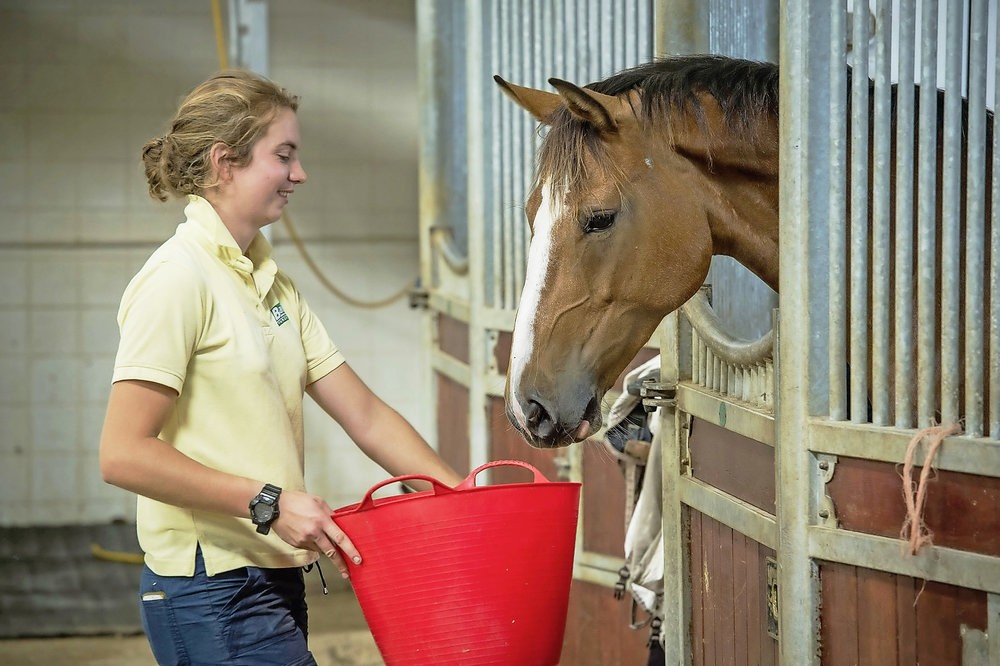Creating a structured feeding foals schedule is essential for the health and development of young horses. Understanding the nutritional needs and how to implement a schedule can lead to optimal growth and wellbeing. Its crucial for new horse owners and seasoned equestrians alike to familiarize themselves with the intricacies of foal nutrition to ensure their young horses thrive.

Understanding Foal Nutrition
The first few months of a foals life are crucial. During this period, they require a balanced diet to support rapid growth and development. This includes understanding the amount of vitamins and minerals necessary for their diet.
The Importance of Mothers Milk
Mares milk is the primary source of nutrition, providing a perfect mix of energy, proteins, vitamins, and minerals essential for the foals growth during the first few weeks.
Introducing Solid Foods
Foals typically begin tasting solid foods at a few weeks old. Gradual introduction helps prevent digestive issues. A balanced diet including specially formulated sweet feed could be beneficial.
Signs Your Foal is Ready for Solid Foods
Look for signs such as increased curiosity and mimicking the eating habits of the mare. These indicate that a foal is ready to explore solid foods.
Creating a Balanced Diet
Apart from the mothers milk, foals require a diet rich in proteins and essential nutrients. Quality hay and specialized foal feed can provide the necessary nourishment.
Essential Nutrients and Vitamins
Protein is vital, primarily found in quality feed. Additionally, vitamins such as Vitamin A are critical, and deficiency can lead to developmental issues.
Time-specific Feeding Routines
A feeding foals schedule should adapt as the foal grows. Initially, several smaller meals throughout the day are recommended. As they mature, feedings can be adjusted to two or three times daily to match that of adult horses.
The Best Time for Feeding
Consistency is crucial. Choose times and stick to them. For insights on the optimal post-weaning routines, visit feeding times.
Monitoring Growth and Health
Regularly weighing foals and monitoring their growth rate helps ensure they are receiving the right amount of nutrition. This can indicate if adjustments to the schedule are needed.
Regular Veterinary Check-ups
Scheduled appointments with a veterinarian are crucial for preventing potential health issues and adjusting the diet as needed.
Common Feeding Mistakes
Avoiding overfeeding and underfeeding is essential. Its equally important to prevent foals from consuming feeds meant for adult horses, as their nutritional needs are different.
Transition to Adult Feeding
Transitioning from a feeding foals schedule to adult feeding patterns should be gradual and aligned with professional advice. For a balanced approach, read more on feeding routines.
Conclusion
Create a nurturing environment through proper dietary planning and a structured feeding foals schedule. By understanding their needs, from mare’s milk to adult diets, caregivers can ensure vibrant health and strong growth.

FAQs
At what age can foals start eating solid foods?
Foals can start nibbling solid foods as early as a few weeks old but primarily rely on mothers milk for the initial months.
How often should foals be fed?
Initially, foals benefit from multiple small meals daily. As they mature, this can transition to fewer but larger meals.
What are critical nutrients for healthy foal growth?
Essential nutrients include proteins and key vitamins like Vitamin A, which support overall growth and health.
This article contains affiliate links. We may earn a commission at no extra cost to you.








